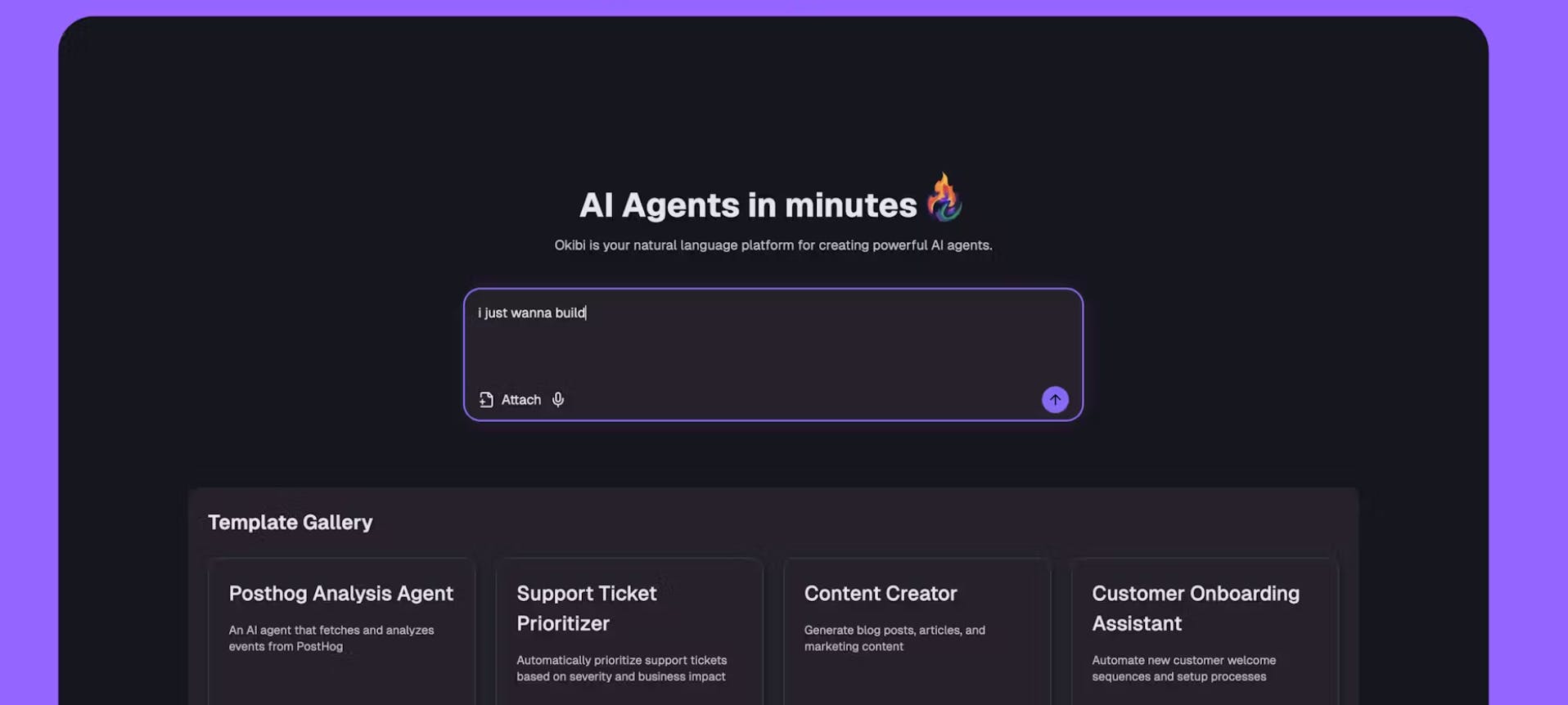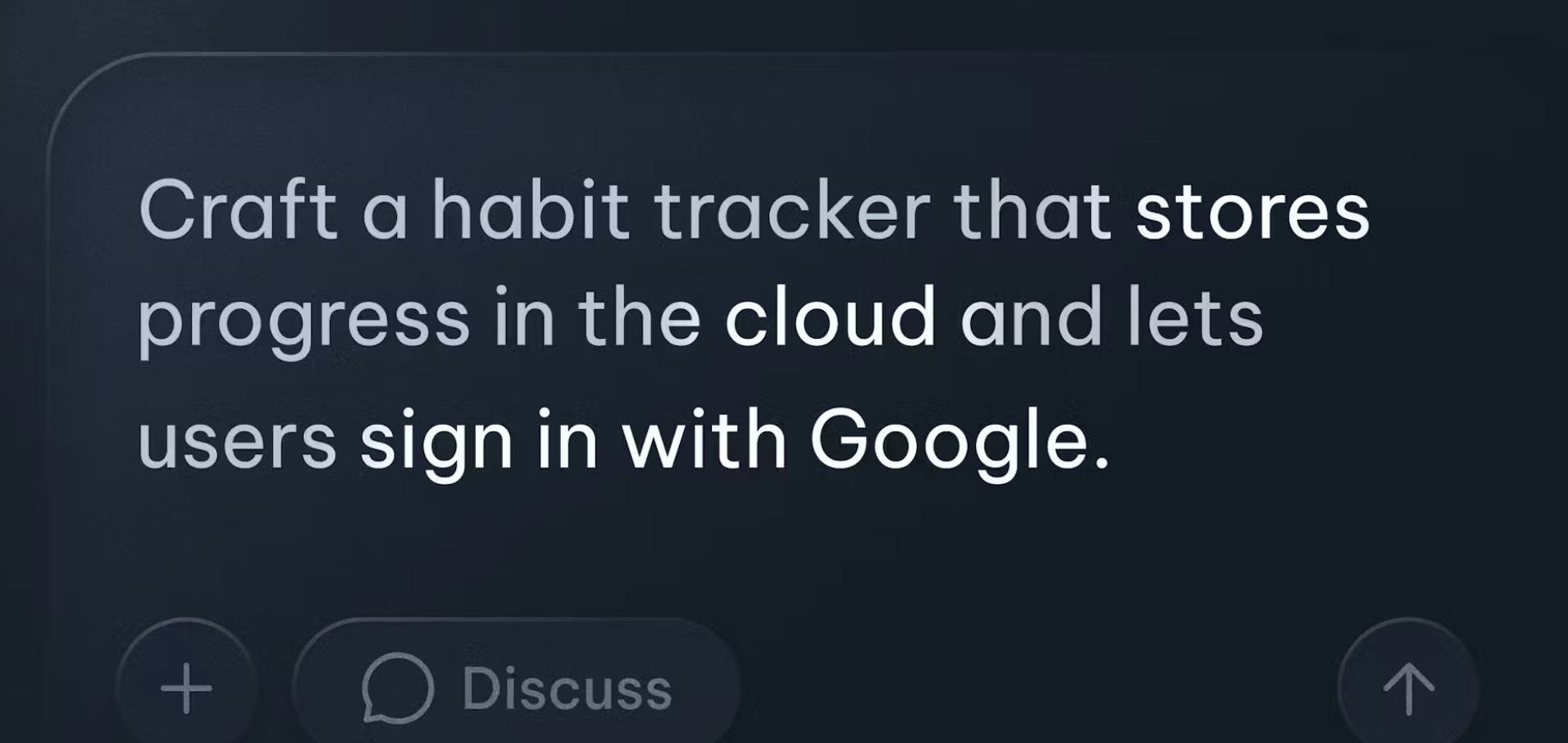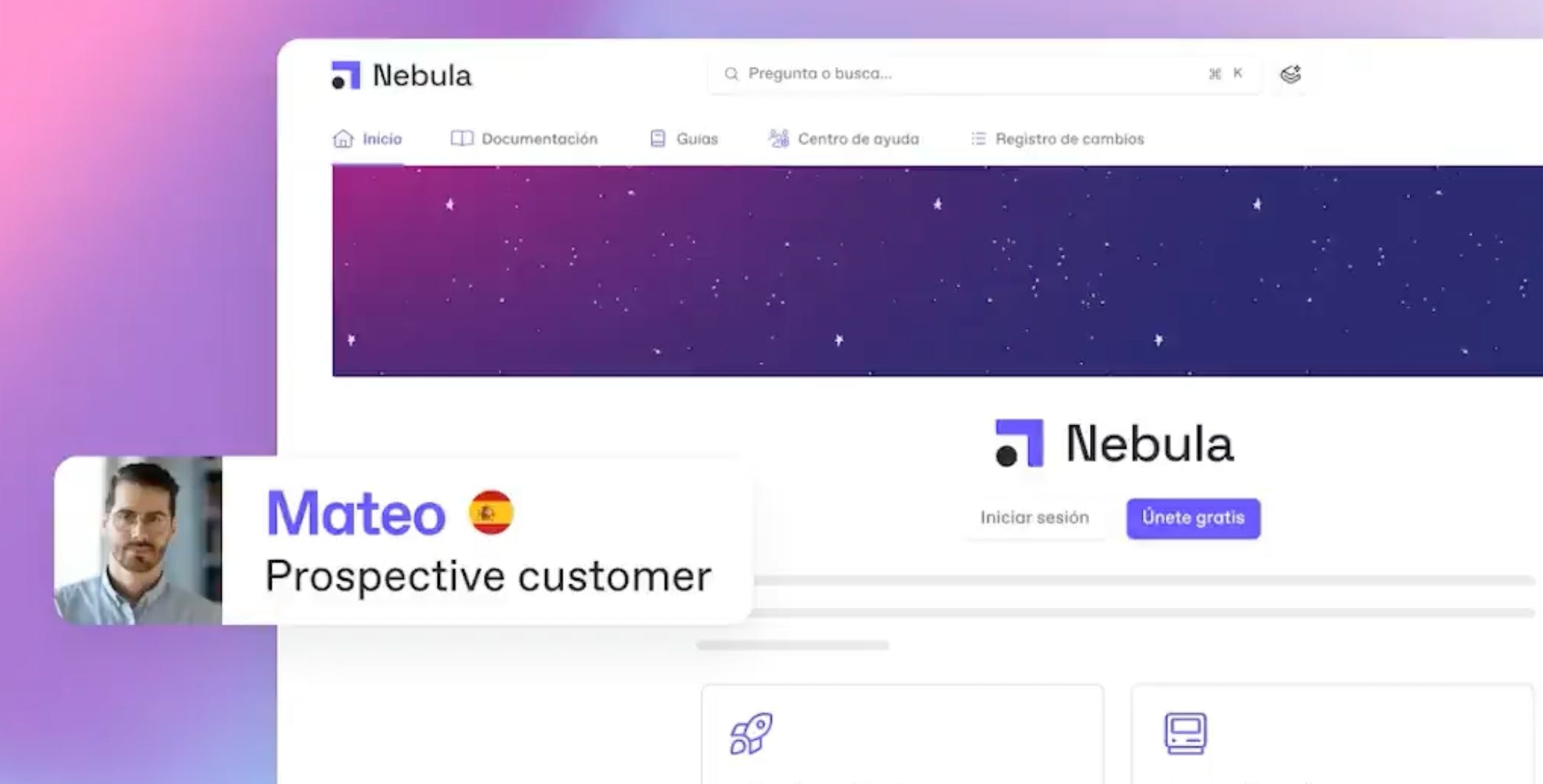gm legends, happy Thursday.
Here’s today’s lineup: Okibi lets you explain a workflow once and hands you an agent that just runs it; Mocha turns a description into a full stack app with auth, billing, hosting and deploy all live in minutes; GitBook’s new dynamic adaptive docs change what readers see based on context so writers stop guessing; and the founder comeback story—kicked out of YC, fought to get back in.
P.S. Building something new? Tell us about it → editorial@producthunt.co 🫶

Okibi turns plain-language instructions into agents that hook into your tools, run browser automation, handle approvals and initial checks, and keep workflows moving without new scripts or rewiring. Used for lead qualification, invoice generation, call prep and pricing proposals.
🔥Our Take: Anyone who’s rebuilt the same brittle automation three times knows how much time that steals. Okibi lets you explain the work once and hands you an agent that keeps it running in the background so you stop repeating the setup.

Mocha turns a plain description into a running web app in minutes. It wires up user accounts, auth, database, payments, notifications, AI integrations and hosting then deploys it with one click. No rebuilding the same boilerplate or gluing services together.
🔥Our Take: The part that always eats time is the hidden plumbing. Auth, billing, hosting, integrations, those are the things you end up fixing while the idea stays vague. This pulls that out of the way so you get something running in front of people before you waste another week rewiring the stack. It does not do the product thinking for you but it forces the right feedback loop faster.

The YC deadline is fast approaching, all over the world founders and their teams are scrambling to get those applications in. But even if you get accepted, sometimes the universe says hmmm no.
Mahyad and his term were accepted to YC, kicked out over a residency mess, decamped to Paraguay to claw back in, and now he’s back with Okibi, this time with the playbook rewritten.
Ask him about YC, startup survival, VC playbooks, or how Okibi grew out of the fallout from his last company.

GitBook’s latest launch makes documentation change based on who’s reading and what they’re doing. It pulls from sources like OpenAPI to keep reference pages current and shows different versions depending on user context. Real usage signals surface which content people actually see so writers stop guessing.
🔥Our Take: Most docs live in that slow loop where people keep asking the same questions and writers keep patching old pages. This cuts the guesswork by pushing relevance forward, but you still have to pick which signals matter or you’ll end up hiding the basics.







